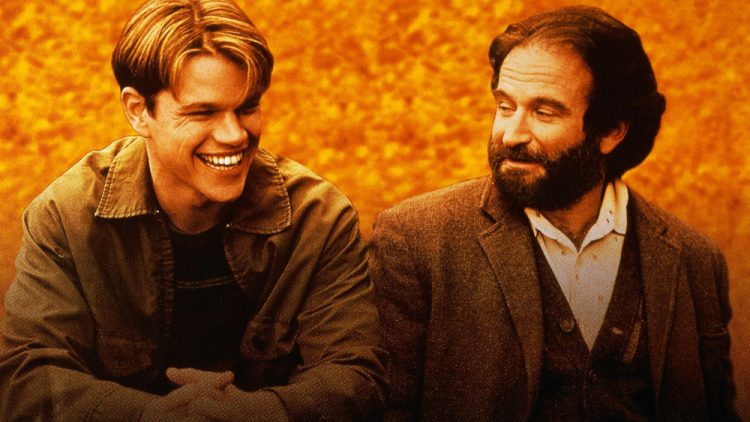
Recently, I have reflected on the importance of the arts at a time when those in the highest seats of office appear to feel they have little value. Under the recent federal budget proposed by President Trump, both the National Endowment for the Arts (NEA) and National Endowment for the Humanities (NEH) would lose federal funding.
It’s my belief that this attitude is based on the idea that the arts serve merely as entertainment and are of no lasting significance to our society. I disagree and contend that we must never devalue the cultural importance of teaching and promoting the humanities.
During my senior year of high school I took a course called, “Film as Art.” The class was taught by our school’s resident theater teacher. The purpose of this class was to teach students to recognize the artistic symbolism and thematic qualities of film as an artform.
Some of the films we studied included:
- Casablanca
- Schindler’s List
- Singin’ in the Rain
- Jurassic Park
- Good Will Hunting
Film as a medium has the power to stir up feelings and encourage reflection on our own humanity. Cinema is joined in this capability by theater, ballet, and a myriad of musical and live performance types. Each acts in part as a shared social experience and an exchange of information. Rejecting and discouraging the arts damages the social fabric of our society.
The power of art as a teaching tool in our communities and schools cannot be underestimated. Angela Giron is an assistant professor at Arizona State University, where she incorporates theater and film in the Liberal Arts courses she teaches.
Professor Giron said of her experience teaching in this manner, “I love being able to see students grow as human beings . . . It’s not entirely changing perspectives, but adding to the layering of perspectives and, in turn, being enriched by the students’ perspectives.”
I am but one person with an infinitely limited perspective. The only life I’ll ever live is my own, yet I’ve learned profound lessons from film. In Good Will Hunting, Robin Williams’ character finds meaning after the loss of his beloved wife, and in the process teaches Matt Damon’s character Will to not take loved ones or his opportunities for granted.
Schindler’s List demonstrates that even in the midst of unspeakable atrocities we can still choose to do the right thing. Oskar Schindler and his family saved over 1000 Jews from certain death during the Holocaust. The film was all the more powerful because it was it was based on a true story.
One documentary film titled Frame by Frame captures the realities of life in Afghanistan after the fall of the Taliban. The synopsis says it all:
“After decades of war and an oppressive Taliban regime, four Afghan photojournalists face the realities of building a free press in a country left to stand on its own – reframing Afghanistan for the world and for themselves.”
Some films function primarily as escapism, and that’s perfectly valid. Others are intentionally envisioned to comment on the human condition and offer glimpses into another life. The important part is that these depictions and the discussions they spark continue on. It’s only through widening our perspectives and embracing cultural diversity that we can continue to grow as a society.
Ultimately it’s young people in communities around the United States who will be hurt if funding for these art and humanities endowments dry up. How can we ever understand our impact as a nation or individuals if we refuse or are unable to practice empathy and engage in perspectives other than our own?

